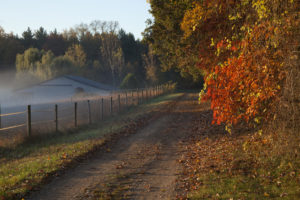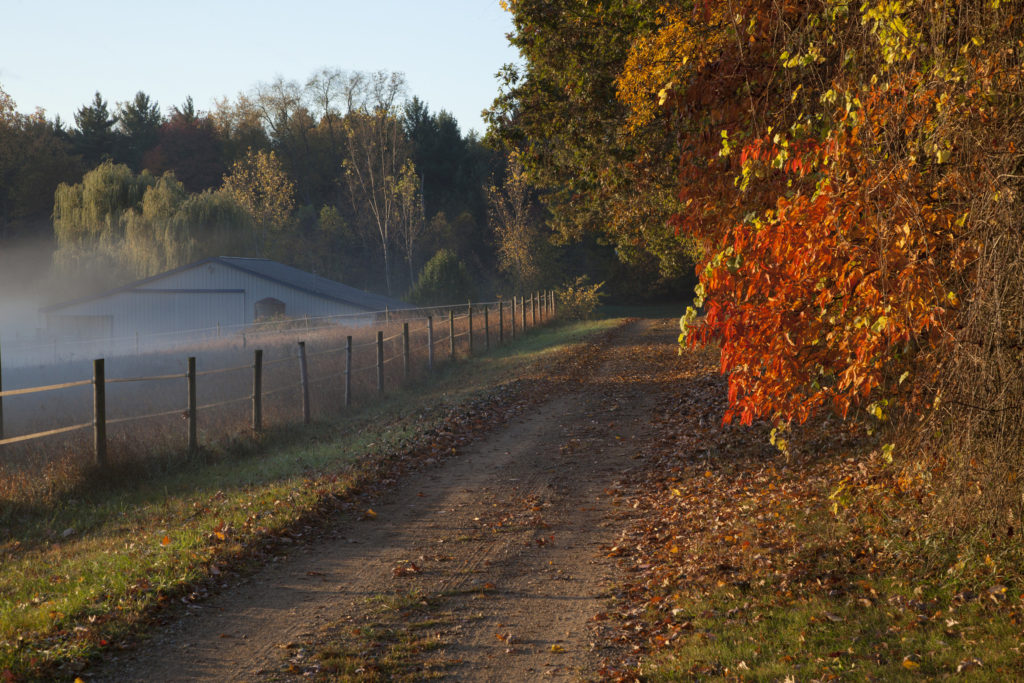
I grew up in a family that ate meat. Chicken, turkey, beef, sometimes fish. At an aunt and uncle’s farm I’ve watched the men chop off the heads of chickens and the women dip each dead bird in a big bucket of boiling water and pluck its feathers. I’ve watched them gut it and cut it up into recognizable dinner shapes: neck, breast, drumsticks, wings, back.
My uncle also butchered hogs and young calves, but my mother never let me watch that grizzly operation. When my cousin grew up and moved to the big city, she years later took a carload of her young son’s friends back to her parents’ farm to watch them butcher. “I wanted those city boys to know that meat doesn’t come from a plastic-wrapped package,” she said.
I had no qualms about eating meat until my mom’s brother and his family came to visit us from California. They lived in what many years later became known as the Loma Linda Blue Zone. He was “preaching” the horrors of eating meat and the virtue of being a vegetarian. My parents were not impressed and made no changes in their diet. But at age 14 I became a vegetarian.
Looking back, I believe it was a poor decision for my situation. I had nothing to replace the meat. In the local high school cafeteria the cooks soon learned that I did not eat meat. (I lived in a small town.) Everyday they gave me a big chunk of USDA surplus cheese to take the place of the meat that was served. But on the day that spaghetti with beef sauce was served, there was no way for them to “help” me. I took my lunch money, walked to the Dairy Queen, and bought the largest cone they made. That was my vegetarian lunch.
In a couple of years, I went off to a boarding school where vegetarian food was served and finally had what appeared to be a decent diet. Although most of the food was plant based, it still contained animal products—milk, butter, cheeses of all kinds, and eggs. It was typically the American diet when it came to processed sugar and flour. I used to look at people who wouldn’t eat animal products (typically referred to as vegans) and considered them to be on the fringe and not even eating healthfully.
The years rolled by and almost at imperceptible degrees, Americans became fat and even obese. People in the prime of life were dying of heart attacks and cancers and suffering from something called diabetes 2. The sale of prescription drugs soared. Money poured in for research to discover what could be done to halt these chronic diseases. Then in the early 1990s Dr. Dean Ornish showed that it was possible not only to prevent heart disease but to reverse it with a primarily whole food plant-based diet and other lifestyle changes. I was as impressed as everyone else. But I didn’t have any of those diseases.
Some 15 years later my husband and I were eating in a restaurant when a couple stopped by to chat. We hadn’t seen them in a while and I was so impressed by the way they looked, I violated my own social rule and asked them if they had lost some weight. (The answer was blatantly obvious.) But that question launched them into an enthusiastic sales pitch for the value of whole plant-based foods.
“What motivated you to make this change in diet?” I asked.
“The book The China Study,” she told me. I bought the book.
The China Study destroyed my bias against people who were vegans. Although filled with findings from the largest and most detailed study on cancer ever undertaken, it was written in a readable way.
In 2011 my husband and I and another couple drove to Muskegon to view the recently released documentary, “Forks Over Knives.” That movie proved to be a tipping point in my awareness that I was not doing the best I could for my health. It was a desire to build up my immune system so that it could fight for me that finally motivated me to explore, but not yet embrace, a totally plant-based diet.
Information began to pour in about the power of plants to provide health. I read Super Immunity, Disease Proof, The Pleasure Trap, The Microbiome Diet, and others. Along with six million other people, I watched Dr. Robert Lustig’s 90-minute video on Youtube, “Sugar: The Bitter Truth” (2009).
Finally, sometime in 2015 I began cooking almost exclusively using whole plant-based foods. That is, in addition to not eating meat of any kind, I quit eating dairy products and eggs, and I starting eating only plants and plant-based products. That is a change that may seem small for a vegetarian to make, but it has huge implications. Although I have not yet made it completely to “whole plants only,” I am working on it. But that is another story.

